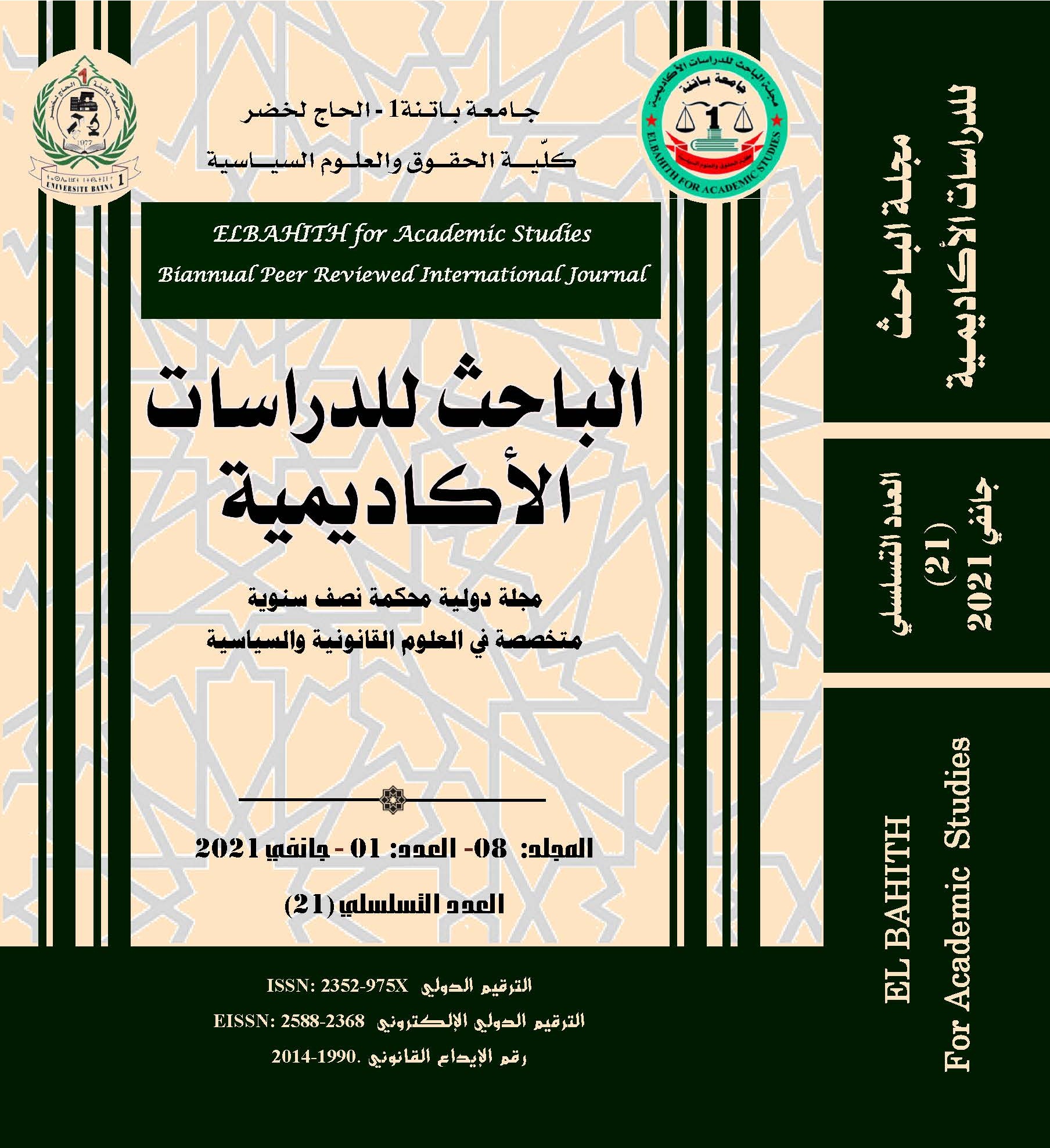The role of the controlled extradition and extradition systems in achieving international cooperation to combat corruption in Algeria
DOI:
https://doi.org/10.59791/efas.v8i1.638Keywords:
Corruption, Controlled delivery;, Extradition, International cooperation, United Nations Convention against CorruptionAbstract
Corruption has become the main reason for the collapse of the economies of countries and their political systems, among the challenges are the problems caused by the transgression of its effects outside national borders, and the inability of the internal law means designed to confront it, consequently, it became necessary to join efforts at the international level, This is through mechanisms that enhance international cooperation in combating corruption crimes; Perhaps the most important of these are the controlled extradition system and the extradition system, the importance of extradition is highlighted, especially with the increasing phenomenon of criminals fleeing with the stolen money, on the state's right to take back criminals, In order to achieve justice by punishing the criminals and trying to recover the stolen money,
Regarding the importance of the controlled delivery system, it can be said despite the difficulty of this procedure and the lack of regulatory legal texts for it, however, it is a very basic procedure in investigating corruption crimes, as it works to uncover the most important criminals and gangs and the lines of their criminal operations, this is by tracking the course of illegal shipments from the sender to the consignee.
That is why the United Nations Convention against Corruption sought to affirm these two systems by stipulating them in its provisions, by working with them because it is a multilateral agreement for countries that signed it. This is at the international level, but as for Algeria, it joined the United Nations Convention against Corruption and ratified it, and this is evidence of its following the same policy.





